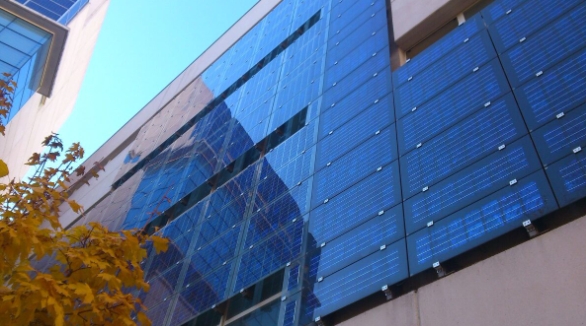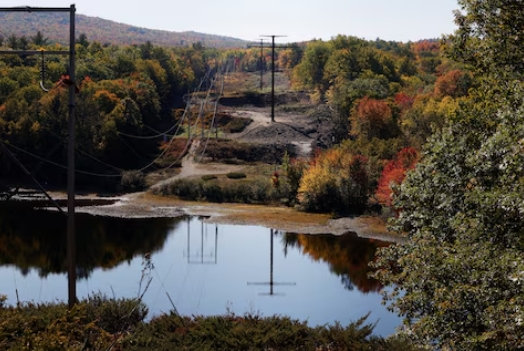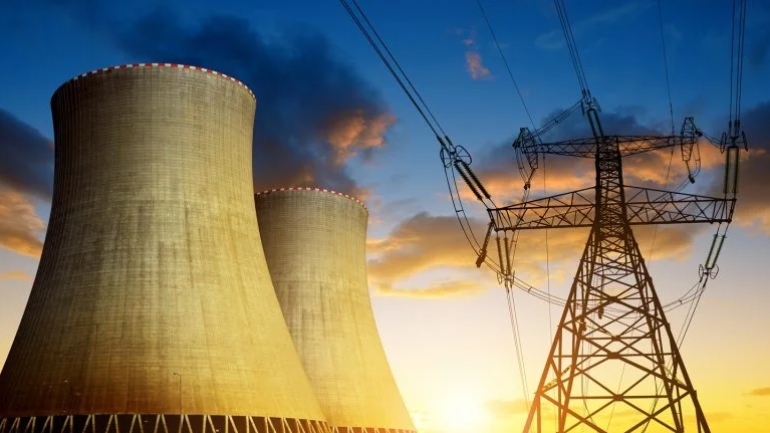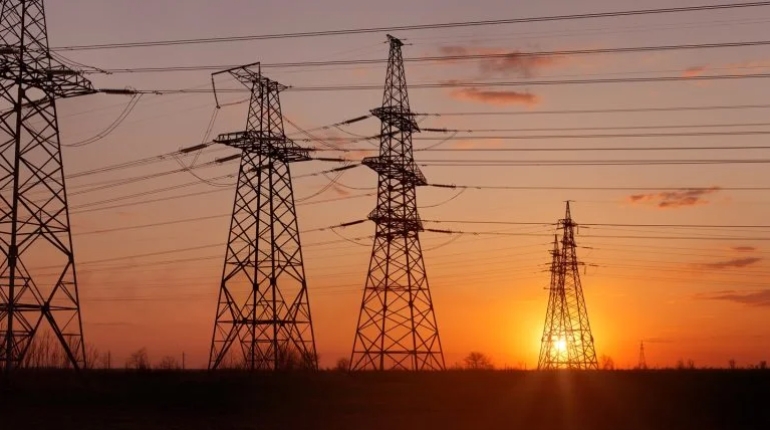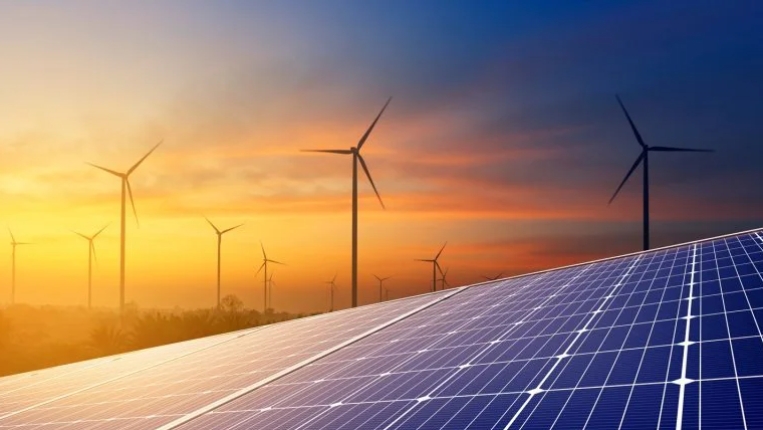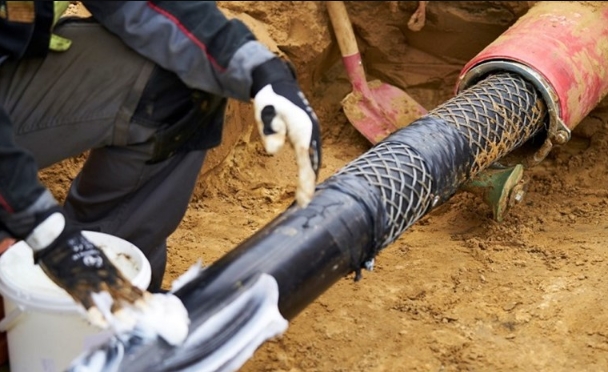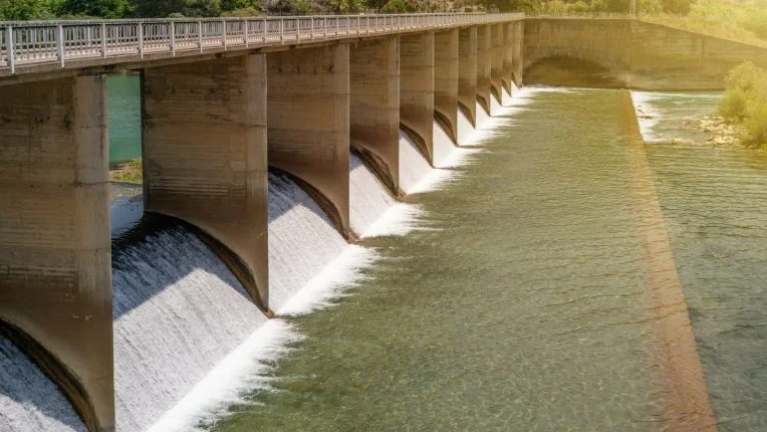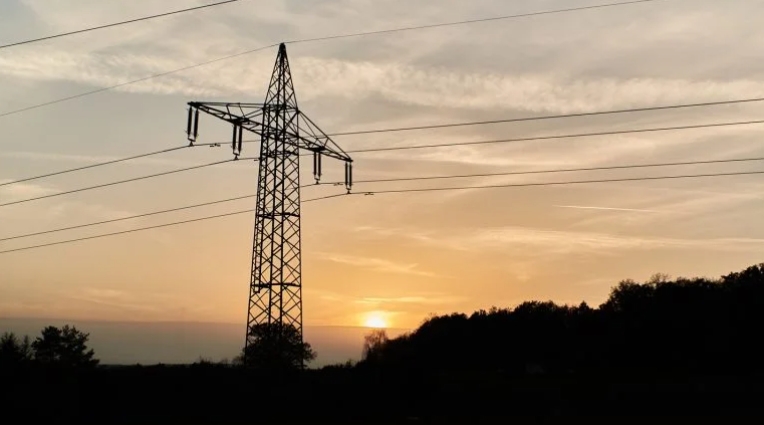The National Assembly of the Republic of Srpska has adopted a new law on electricity, which transposes the EU’s Third Energy Package and paves the way for market liberalization.
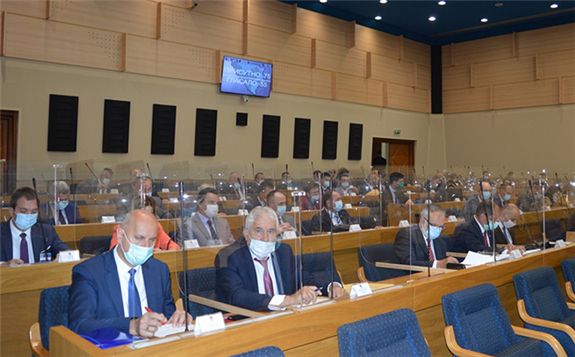
The law envisages the unbundling, the reorganization of state-owned Elektroprivreda Republike Srpske (ERS), introduces the status of a protected consumer, the possibility of establishing energy cooperatives, and standards for the development of e-mobility.
The new law is in line with the international commitments of Bosnia and Herzegovina and the Republic of Srpska under the Energy Community Treaty. The essence of the new regulation is the liberalization of the electricity market, according to the Ministry of Energy and Mining.
In November 2019, changes planned in law were presented head of the general electricity and energy efficiency section in the ministry.
Electricity services will be divided into market and regulated
According to the ministry, network operations will be separated from supply and generation businesses. The former is a regulated service while the other two are market services.
All categories of customers will be able to choose suppliers freely
The ministry said there would be more suppliers on the market and that all categories of consumers including households will have the right to choose a supplier.
Small customers and households that do not do so will have the right to be provided with a universal supply service under regulated conditions, according to the statement.
The law creates the basis for the reorganization of ERS
The law also introduces the category of a protected consumer, which refers to vulnerable households and those that have a member whose health may be endangered in case of termination of supply.
The law creates the basis for the reorganization of ERS, but the model is not selected yet.
The model will have to be in line with the new rules on the market, the ministry said.
The law also establishes the basic legal framework for further restructuring and reorganization of the electricity sector.
The law introduces energy cooperatives as a tool for sustainable low-carbon energy development.
The ministry has decided to open the space for a new area of sustainable low-carbon energy development through the possibility of establishing energy cooperatives to achieve economic and environmental benefits from renewable energy sources and an increase in energy efficiency.
In the e-mobility sector, for the first time, the law introduces technical requirements for electric vehicle charging stations.
